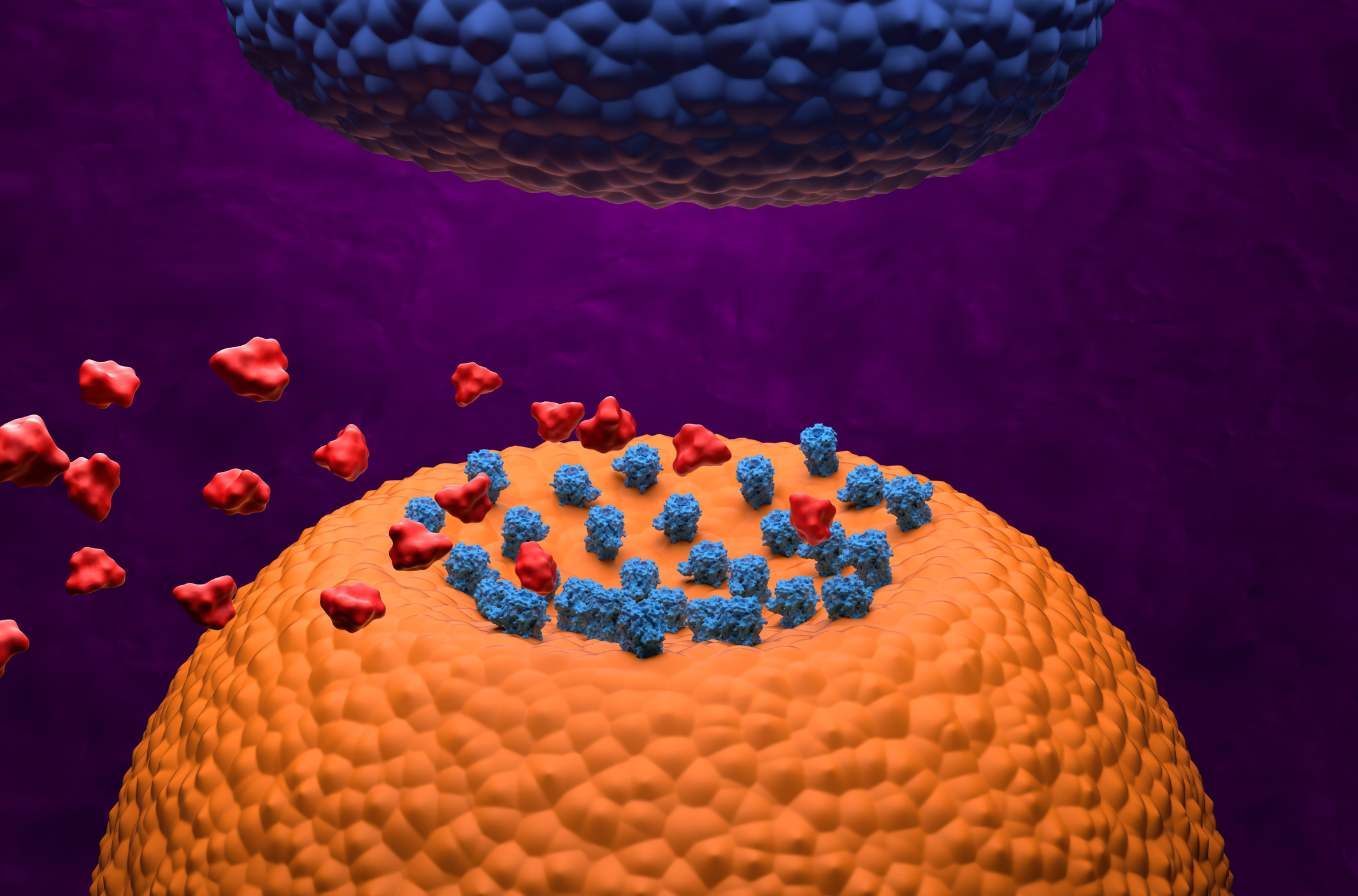Opioids - What Are They And What Do They Do?
Opioids can be both synthetic and natural, acting as a potent painkiller. Derived from the poppy plant, an 'opiate' applies to natural medications derived from opium. Opioids, on the other hand, are generally artificially made. When used short-term, opioids such as morphine, can alleviate significant amounts of pain. Unfortunately, prolonged use increases one's risk of abuse and addiction.
How Do Opioids Work?

Once an opioid molecule is present in the bloodstream, it travels to the brain, where it attaches itself to specific receptors. These receptors are also found in the spinal cord and other areas of the body. It is then able to mimic neurotransmitters based on its structure, activating certain cells. Think of an opioid and its targeted receptor as a lock and key, as it initiates a chemical response in the brain's reward center.
Working differently than a natural neurotransmitter, opioids do not activate nerve cells in the same manner. As opioids take effect, the reward center is flooded with dopamine, supporting movement, emotion, cognition, motivation, and pleasure. It is the stimulation of this circuit that places individuals at-risk for drug abuse and a potential dependence. Based on its rewarding properties, individuals must follow all instructions carefully and continually review their dosage with a physician.
Next, discover what opioids exactly do to the human body.
